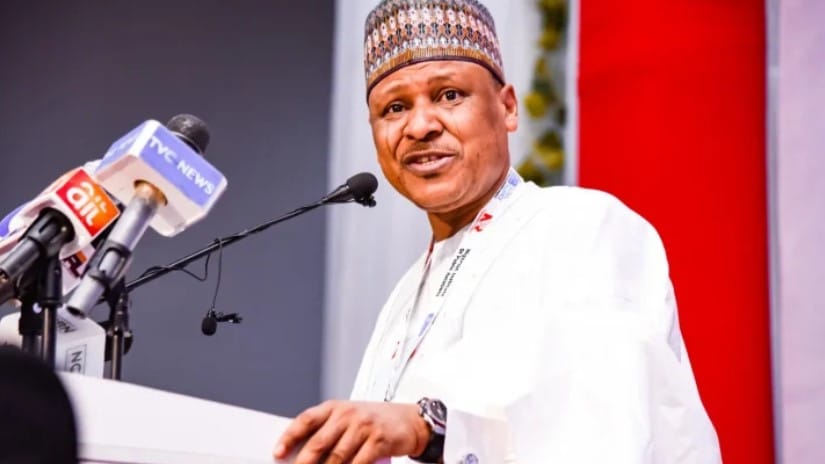AGF at final stage of direct payment system for LG allocations

Minister of Information and National Orientation, Mohammed Idris
AGF at final stage of direct payment system for LG allocations.
The Federal Government has acknowledged delays in the implementation of direct funding for local governments, assuring Nigerians that efforts are underway to resolve the bottlenecks.
The Minister of Information and National Orientation, Mohammed Idris, stated this at the pre-ministerial press briefing on Tuesday in Abuja.
Months after the Supreme Court in July last year granted full financial autonomy to the 774 local government areas, their allocations are still being paid into the state government accounts.
However, Idris explained that while the government remained committed to ensuring financial autonomy for local governments, necessary administrative and technical processes are still being finalised.
He noted that the delays were due to the complexities involved in setting up a seamless transfer system, as the 774 local governments must have properly structured accounts before funds can be disbursed directly.
“The Office of the Accountant General of the Federation cannot proceed with the transfers without putting proper arrangements in place.
AGF at final stage of direct payment system for LG allocations.
“This is a massive arrangement, and work is ongoing to ensure that everything is done correctly,” Idris stated.
Despite the delay, he reassured Nigerians that the government was determined to implement the policy as soon as possible.
“We believe this will be completed very soon and direct transfer will take effect. The government is desirous to ensure that direct local government funding happens within the shortest possible time,” he added.
Idris acknowledged concerns over rising food prices but reaffirmed that the government would not impose price controls, instead opting to boost food production through large-scale farming initiatives.
“What the government is doing is to ensure massive production of food. Once supply increases, prices will automatically adjust,” he said.
He highlighted ongoing agricultural efforts in states such as Kebbi, Jigawa, and Benue, stressing that increased investment in both rain-fed and dry-season farming would eventually lead to food self-sufficiency and reduce reliance on imports.
The minister also highlighted some of the achievements of the government, which includes fiscal, macroeconomic and legislative reforms.
Speaking on the gains of the Electricity Act, Idris said, “Building on a recent constitutional amendment, President Tinubu signed into law the 2024 Electricity Act, which is now serving as a framework for State Governments to roll out their own regulated electricity markets.”
On the government’s targeted interventions, the minister said the Students Loan Fund – NELFUND, disbursed N32.8bn to over 169,000 students.
As part of its transparency efforts, FG will continue to provide updates through weekly ministerial press briefings with different ministers engaging with the media to address national concerns and government policies.
The periodic ministerial press briefings will kick start next week ahead of the second anniversary of President Bola Tinubu’s administration.
The second anniversary is themed “Year of Consolidation of President Tinubu’s reforms.”
